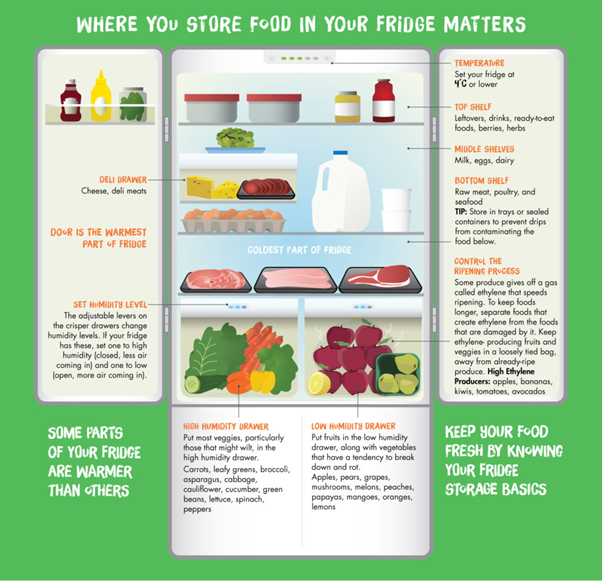Over the past few years, there has been an increased awareness for the state of the planet and the need to take action to avoid further environmental crisis. Sustainability is becoming central to the way we live and, as a consequence, the number of jobs in the industry has rapidly grown. This blog post will address why working in sustainability is a good idea, why the industry is not just for environmental science graduates and how Newcastle University Careers Service can help you break into the industry.
Why a career in Sustainability?
Having a career in sustainability can be an incredibly rewarding. It offers the opportunity to make a positive impact and help create solutions towards a better future. If you’re passionate about making a difference and contributing towards a better world, working in sustainability can offer you a sense of purpose and fulfilment which you may not find in other professions.
Sustainability work is also a growing area with a wide range of career opportunities. From the government to the private sector, there is plenty of work within the industry. These roles can be varied from policy development to marketing to analytics roles, there is something for every skill set.
It is exciting to be able to make changes to an organisation that will decrease its negative impacts on the world, and increase its positive impacts. In addition to the work that you put in in your organisation for sustainability, other sustainability professionals that you talk to and collaborate with are a really supportive bunch of people – I love that us in the sector all help each other out with our work because we go through the same challenges and there’s no reason not to share solutions and best practice – we all want each other to be the most sustainable we can be.
KatY, sUSTAINABILITY oFFICER AT nEWCASTLE uNIVERSITY
But I didn’t do an Environmental Science degree?
No problem! While environmental science is an important part of the industry, it is not the only discipline relevant to the field. Sustainability is highly interdisciplinary and professionals from many different industries can work within the field. For example, someone with a marketing background could be a sustainability communications officer or someone with a law background could work within environmental law.
Prospects provides a great list of some environmental career profiles but this is not an extensive list and there are more opportunities than listed here. Newcastle University also have a page for sustainability careers and development which has a useful list of professional associations, funding opportunities, upcoming events and job sites to find jobs in sustainability.
Although I am still at the early stages of my Sustainability Career, I love feeling as if I am making a positive impact each day. I am able to use my unique background in humanities subjects (Combined Honours in Geography and Spanish) to help bring a new perspective to current environmental issues and help create interdisciplinary solution. It is really satisfying to see the positive difference I can make, and I am excited to continue to develop my skills as I move up in the field!
How Newcastle Careers Service can help
Newcastle University Careers Service can be a great place to find support and guidance about entering the Sustainability sector. They offer a range of resources including career information and guidance, CV and LinkedIn checks and preparation for interviews. You can book an appointment with the career’s service on MyCareer and speak to one of the University’s advisors.
All current Newcastle Students and recent graduates of up to 3 years can make appointments with the service.
You can also visit the career’s service dedicated environment page for further advice on gaining work experience and finding jobs in the sector.










